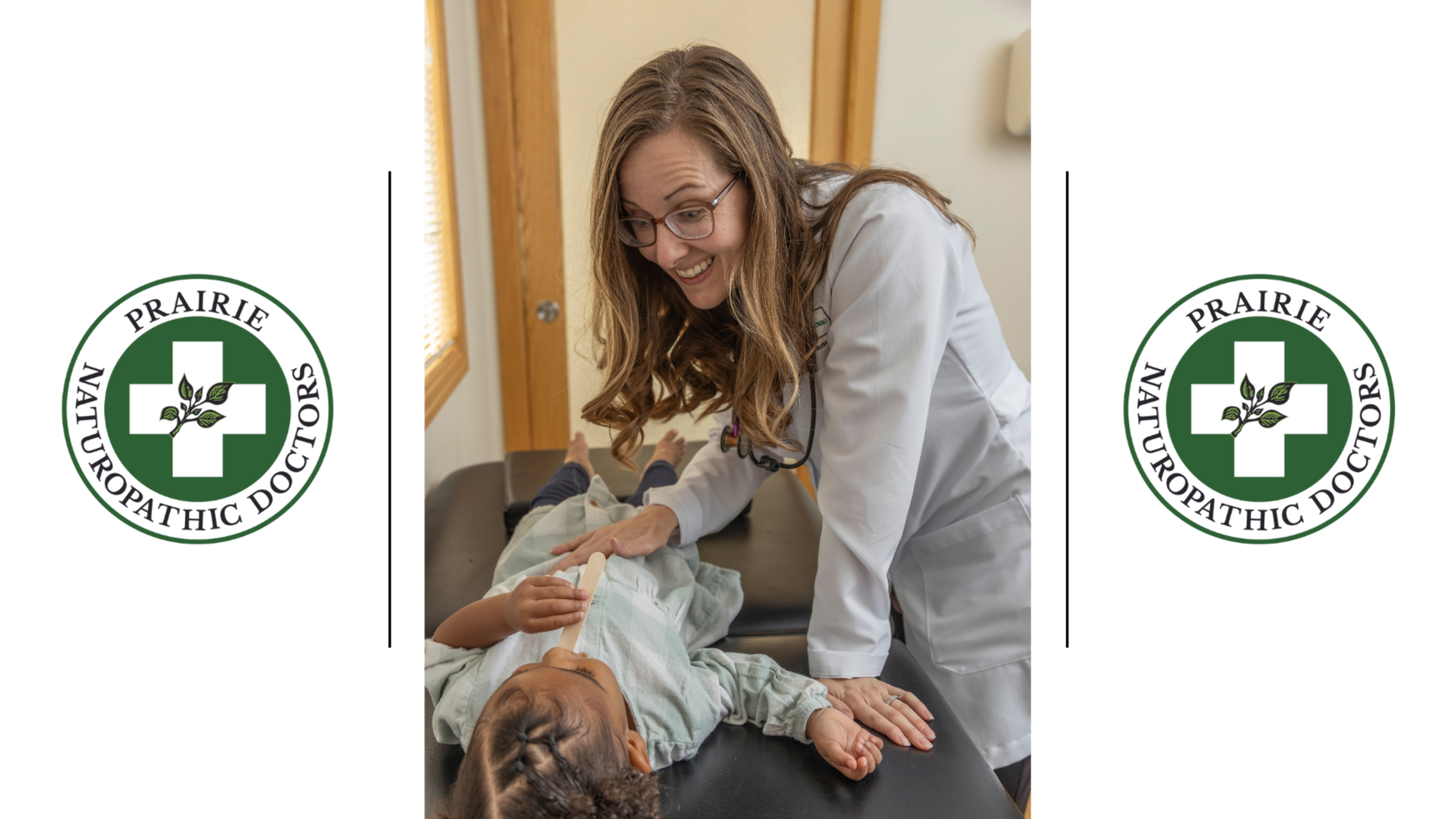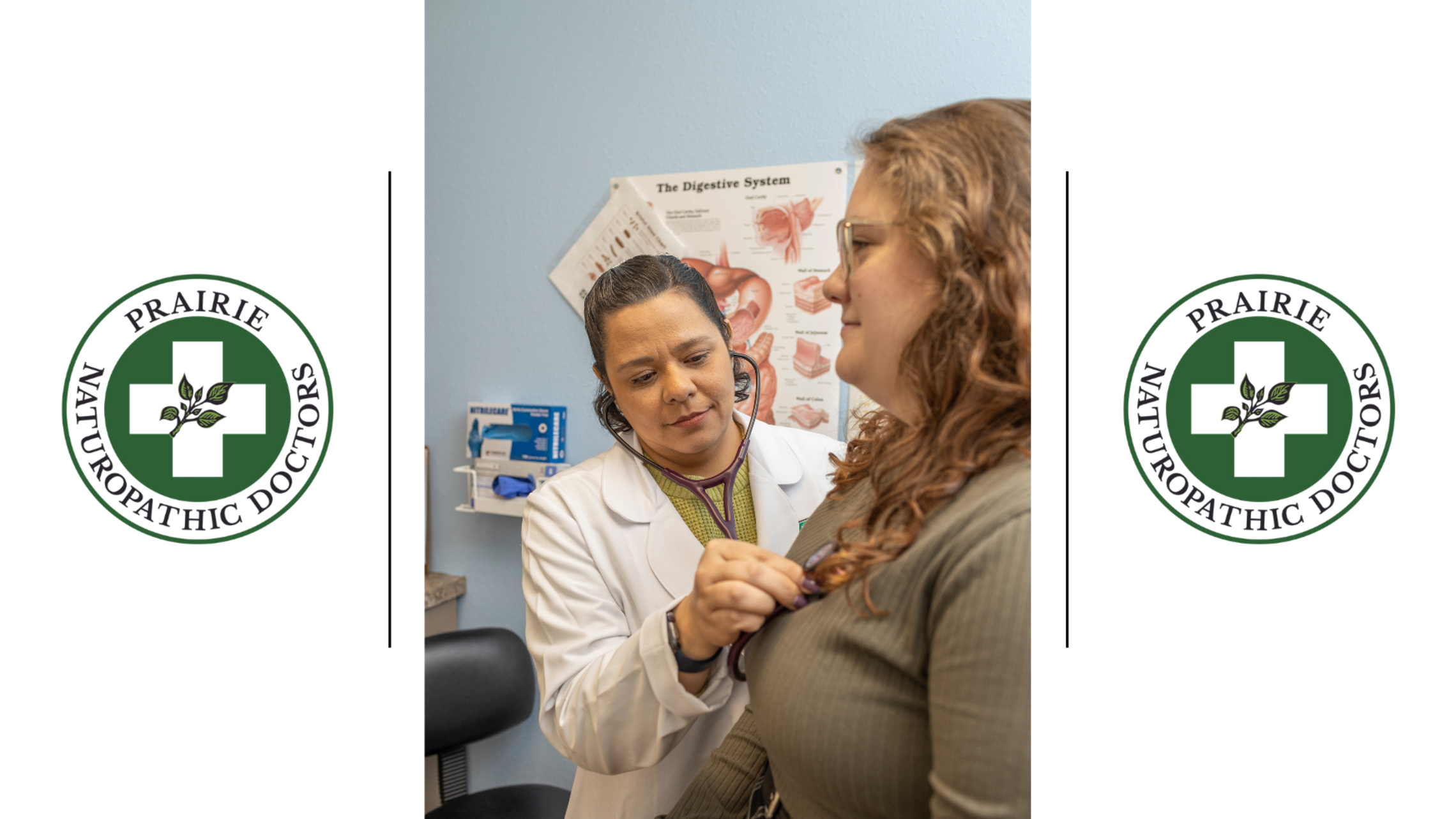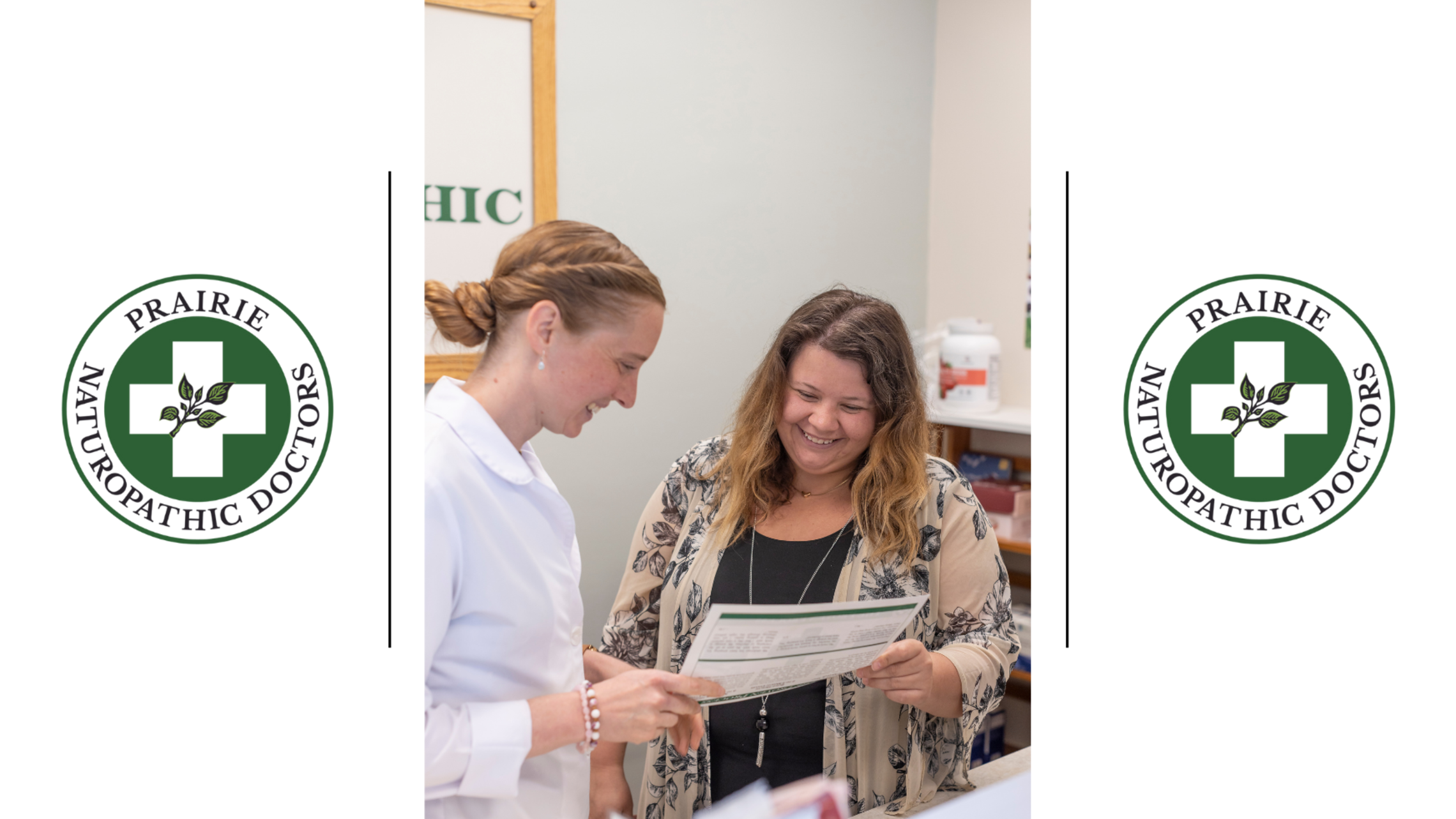Don’t rush into taking an Antibiotic!

Depending on the time of year, up to 17% to 21% of all prescriptions given are antibiotics.
Now, there is no question that there is a time and place for antibiotics and they can save lives. Unfortunately, there are many instances that these powerful medications are used at times that are unnecessary or not indicated. The misuse of antibiotics can cause drug-resistant bacteria. If you think this can’t happen to you, then think again. It is a global health concern!
When you rely on antibiotics for health problems such as acne, recurrent infections (like urinary tract or sinusitis, sore throats or bronchitis), you need to start questioning if this is the right approach. If the illness persists or continues coming back, then it is safe to conclude that you are not treating the root cause of the problem.
For example, in a study dated September 2015, the principal finding was that even though most acute sinus infections are viral in origin and antibiotics are of little use in treating such viruses, it was still extremely common to prescribe antibiotics. Furthermore, the study found that some non-medical factors influenced antibiotic prescribing such as whether a trainee was present or not.
Antibiotics do not treat viral infections. If antibiotics are used too often for things they can't treat — like colds or flus — not only are they of no benefit, they become less effective against the bacteria they should be treating. In addition, the antibiotics will kill the good bacteria (such as acidophilus and lactobacillus) that we have in our digestive tract. This can lead to even more long-term health concerns such as weakening the immune system and digestive troubles.
If you are having recurrent infections or if you have been relying too much on antibiotics, it is important that you look into why your immune system may not be working optimally. Our bodies have systems working toward health provided the right materials (minerals, vitamins, proteins, etc.) and environment are present. You may benefit from nutritional and/or lifestyle evaluation and changes. In some cases, it may be required to do naturopathic physiotherapy treatments to boost up your immunes system and improve digestion. These treatments activate digestive activity to enhance nutrient uptake and immune cell mobilization directly to your cells for effective results. The combination of improved diet and naturopathic physiotherapy are an excellent way to boost your immune system this winter. The treatments can also be done 1-2 times per month to preventatively ward off infections.
The decision to take or not take an antibiotic is important and should be discussed with your provider. Ask your provider if a wait-and-see approach is appropriate and what to look for that would indicate a need to be evaluated or begin to take antibiotics. Ask your provider what measures you can take to build better health and what steps you can take, if an antibiotic is taken, to reduce negative side effects.


